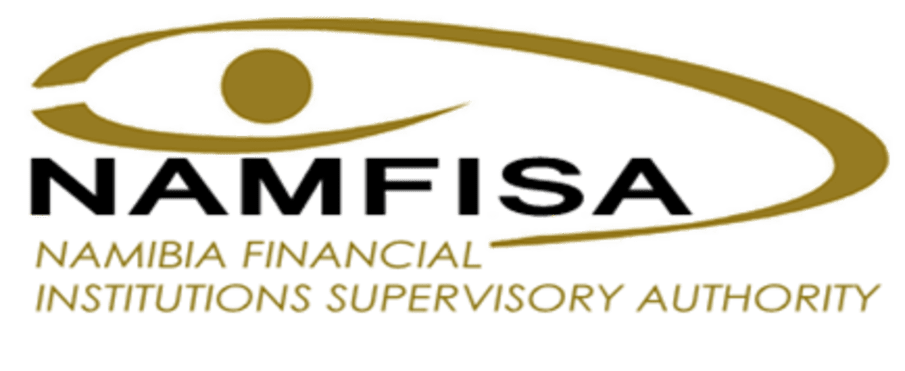FINANCIAL LITERACY INITIATIVE CELEBRATED WORLD SAVINGS DAY AND THE
PLANNED EDUCATIONAL CAMPAIGN ACTIVITIES LAUNCH IN CAPRIVI AND KA-
VANGO REGION
The World Savings Day was celebrated for the first time on 31 October 2012 in Namibia through the Financial Literacy Initiative (FLI), a national platform to enhance financial education. World Savings Day was established on October 31, 1924, during the first “International Savings Bank Congress” (World Society of Savings Banks) in Italy. Since then, this day is celebrated annually around the world to reinforce the importance of savings to the general public, its relevance to the economy, and to inform people around the world about the idea of saving a part of their income.
Namibia, being a member of the international community, embraces the prin-ciple of saving and promotes good saving habits for financial security. At the level of the financial industry and the economy in general, saving builds up resources that are vital to the development of productive activities that sup-port economic growth and thus improve the social well-being of people. On 31 October 2012, the FLI placed saving articles and messages in newspapers to create awareness in the public of the importance of saving. FLI also went on the radio and even featured on Good Morning Namibia to talk about World Savings Day.
The Hon. Minister of Finance, Saara Kuugongelwa-Amadhila emphasised the importance of savings at an individual and national level, stressing that saving is important, irrespective of income status. He also encouraged Namibians to cultivate a savings culture to better cope with day-to-day emergencies, provide for their children’s educations, and to invest in income-generating opportuni-ties, all in line with the goals of Vision 2030.
Handling personal finances is an invaluable skill and those who are taught at an early age to be financially responsible are generally better equipped to make better financial decisions later in life and establish good saving habits. The Minister encourages Namibian youth to use financial resources responsibly by always putting aside a little portion of their income for rainy days.
It is said, “Wealth begins with the first coin in the piggy bank.” Attention should always be given to earmarking a portion of your earnings for savings. The mo-tive of the Financial Literacy Initiative is to educate the people on other options of saving, such as saving in assets, investing in livestock, Post Office or pension schemes, all to avoid relying on government during retirement or in the event of retrenchment.
Anyone’s circumstances can change in an instant, and savings guard against risks like illness, unemployment and other economic difficulties. It’s advised to have at the very least a good part of one’s monthly salary set aside for potential
financial setbacks. Savings can provide a great deal of financial security and help tide you over until money comes in again. Savings can also provide capital to invest in income-generating activities without having to pay interest on a loan.
World Saving Day is also aimed at encouraging the financial sector to offer fair and affordable savings options that are accessible to all Namibians. These are the objectives which the national Financial Literacy Initiative and its con-sumer education campaign have set themselves to achieve. The campaign has been rolled out to various regions of the country. The financial literacy initiative educational campaign activities will be officially launched in the Caprivi and Kavango Regions on the 20th and 23rd November 2012.
This rollout of FLI campaign activities has incorporated youth-focused learn-ing materials aimed at helping the youth realise their potential, develop social and economic enterprises of their own, and become agents of socio-economic transformation at community level through the Learner Pocket Booklet. This toolkit will empower youth at school and community development centres on general financial management matters.
The number one problem in today’s generation and economy is the lack of financial literacy.
– Alan Greenspan
